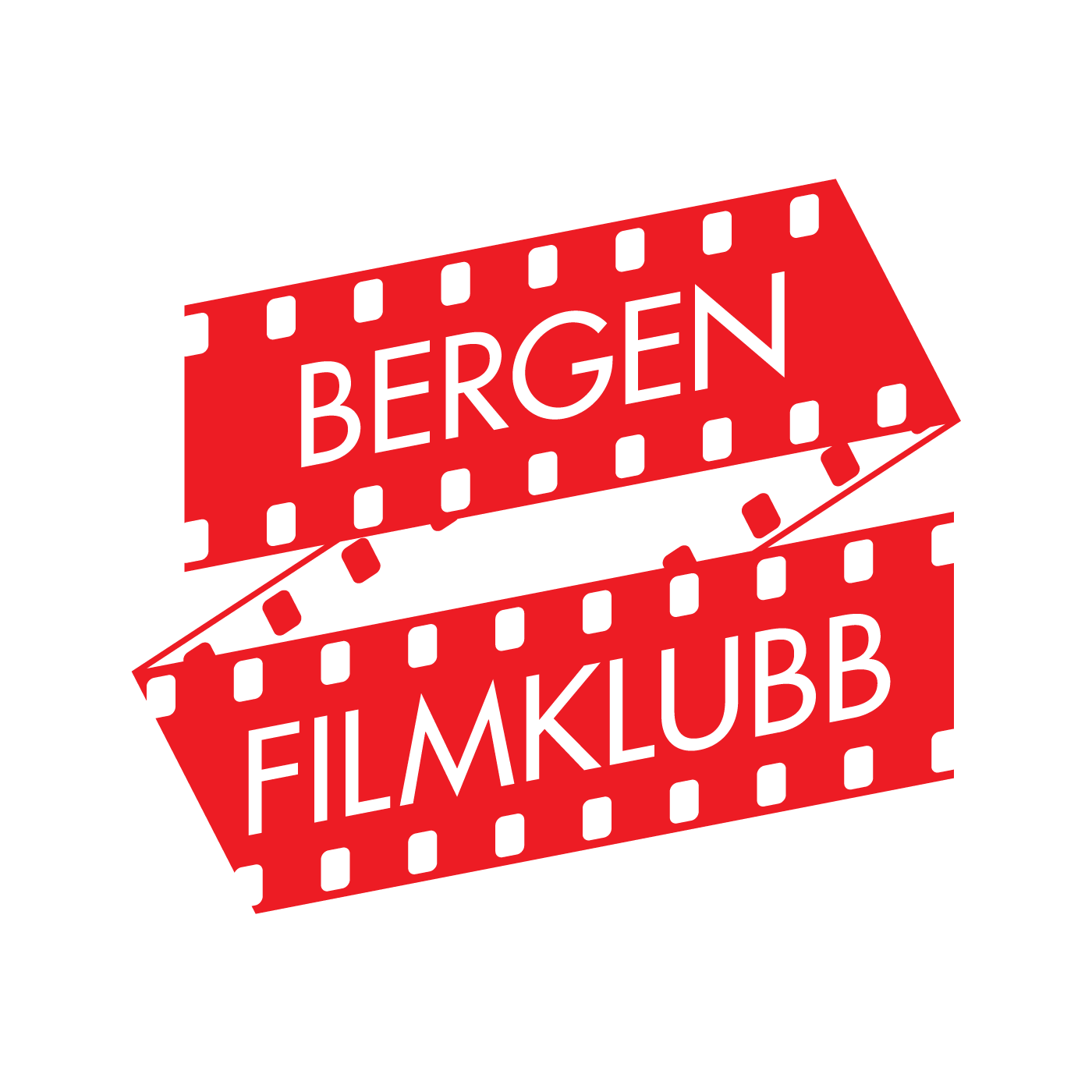Gratis! BFK i samarbeid med NOGOODS
How to Live in the FRG (1990)
Tirsdag 15. november 2022 - kl. 19:00
Reserver sete
Text by NOGOODS:
As part of our empathy series, we are collaborating with the Harun Farocki Institute in Berlin to screen "How to live in the FRG" by Harun Farocki. The screening is hosted together with Bergen Filmklubb and will be accompanied by an introduction based on Clio Nicastro’s text "The Two Way Trajectory of Empathy" and close with a shared discussion.
Tickets 50kr at the door - you will receive a Bergen Filmklubb membership card, (which also means any future films you see there only cost 50kr!)
The event is leading up to the launch of the first issue of bias magazine on empathy.
"How to Live in the FRG" by Harun Farocki
*FRG stands for the Federal Republic Germany
The author assembles a genre picture of the contemporary FRG with shots of scenes where life is rehearsed, ability/durability is tested. Wherever one looks, people appear as actors playing themselves; they take on roles. A play in the theater of life made up of training courses, fitness tests for things and people. Be it in birth preparation classes for expectant parents or in practice runs for sales talks, on the military training ground or during role-plays for educational purposes. Everywhere the incessant effort to be prepared for the emergency of "reality" can be felt.
How To Live in the FRG assembles out of a wealth of details a picture of a society in which childbearing and dying, crying and taking care of people, crossing streets and killing are taught and learned in state or private institutions, indeed have to be learned. The real mechanical ballet is not danced by machines but by people, who move to a music that feeds on bombastic phrases from the realms of social work, bureaucracy and therapy. All together, the collected scenes appear to support the view that a mentality of insurance and providing for the future prevails in the FRG, a country in which happiness as well as misery are supposed to be disciplined by means of social techniques and freed from any measure of unpredictability.
And yet How To Live in the FRG goes beyond such an interpretation. The participants in the games, tests, and therapy sessions are not degraded into pieces of evidence for some theory or other. They retain, to varying degrees, something of their dignity. This is a result of Farocki's working method: he has edited the scenes in such a way that even the most nonsensical occurrences as it were explain themselves.
German filmmaker Harun Farocki (1944 - 2014) began making films in the late 1960s amid a highly politicized cultural milieu. Citing the influence of such Marxist cultural practitioners as theater director Bertolt Brecht, philosopher Theodor Adorno, and film director Jean-Luc Godard, Farocki consistently addressed two principal subjects: the practices of labor and the production of images. Farocki is particularly known for his explicitly political essay films, through which he examined these subjects while also openly confronting the inherently persuasive, manipulative properties of the cinematic medium. From 1967 onwards, Harun Farocki directed more than 120 films and installations that analysed the powers of the image with an originality, a prescience and a gravitas that renewed itself, year after year, project after project. In his teaching and his essays, in journals and books and exhibitions conceived and produced with Antje Ehmann, Farocki was a powerful critic, editor, theorist and curator in his own right.
In 1976, the filmmaker and writer Harun Farocki (1944–2014) envisioned an institution that ‘we can also organize’ as ‘an assembly of working people, not from an abstract understanding but from the contact points of their work’. The Harun Farocki Institut (HaFI), founded in September 2015 as a non-profit organisation, seeks to realise Farocki’s proposal in the shape of a platform for researching his visual and discursive practice and supporting new projects that engage with the past, present and the future of image cultures.
Vises i "Tivoli" på Det Akademiske Kvarter (Olav Kyrres Gate 49)

